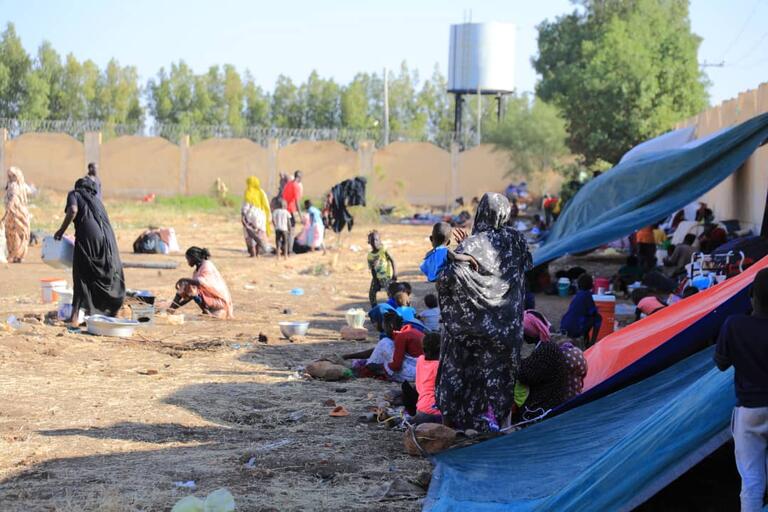Chad launches operation to repatriate over 500 beggars to their countries

Chad has officially begun the repatriation of over 500 foreign beggars, who were detained during a series of raids under the government’s “Zero Beggar” initiative, launched in N’Djamena, the country’s capital.
The operation, which aims to clear the streets of individuals engaging in begging, is part of broader efforts to enhance the security and image of the capital.
Benguela Guidjinga, the president of the interministerial committee responsible for identifying, removing, and providing care for both local and foreign beggars, oversaw the operation.
Speaking to local media, he confirmed that a total of 504 foreign beggars would be repatriated to their respective countries with the help of transportation provided by the government.
“This operation is a direct response to the increasing concerns over public safety and the appearance of N’Djamena,” Guidjinga said.
“It is part of the government’s broader vision to improve the city’s image and ensure the safety of both residents and property.”
The “Zero Beggar” operation has been ongoing for several weeks and targets individuals who are either homeless or involved in begging, often seen as a growing problem in the capital.
Local authorities have emphasized that the goal is not to penalize the individuals but to manage the social issue in a way that promotes a cleaner, safer urban environment.
While the operation has garnered mixed reactions, with some questioning the treatment of vulnerable individuals, it reflects the government’s ongoing efforts to address urban challenges in the capital.
The repatriation process is expected to continue over the coming days, with the foreign nationals being returned to their home countries by air and land.
This initiative is one of many aimed at transforming the capital, N’Djamena, into a more orderly and secure city, marking a significant step in Chad’s broader urban reform agenda.
About The Author
dailymailafric
I am an avid African news observer, and an active member of Daily Mail Africa.
I’m Passionate about staying informed on diverse topics across the continent,
I actively contribute to publishing on political, economic and cultural developments in Africa.



